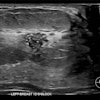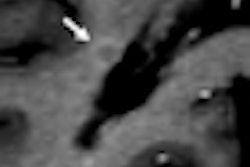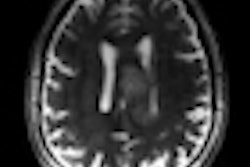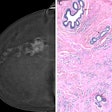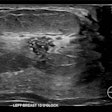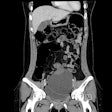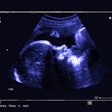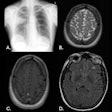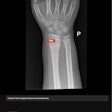
NEW YORK (Reuters Health), Oct 15 - Hyperechogenicity during transcranial brain sonography, thought to reflect iron accumulation, appears to be associated with subsequent progression of multiple sclerosis (MS), German researchers report in the September 29 issue of Neurology.
"Our findings," lead investigator Dr. Uwe Walter told Reuters Health, "suggest that changes of brain iron metabolism play an important role in modifying the disease course in MS."
Dr. Walter and colleagues at the University of Rostock studied 75 patients with different MS courses and 55 healthy controls.
In the MS group, abnormal hyperechogenicity of the substantial nigra was seen in 41%. This was also the case for the lenticular nucleus in 54%, the caudate nucleus in 40%, and the thalamus in 8%. In controls, the corresponding proportions were 13%, 13%, 5%, and 0%.
When corrected for disease duration, findings were similar in patients with relapsing-remitting and primary or secondary progressive MS.
In a subset of 23 patients who underwent MRI, hyperechogenicity of the substantia nigra and lenticular nucleus correlated with more pronounced MRI T2 hypointensity, believed to reflect iron deposition.
Overall, a larger bilateral substantia nigra echogenic area was related to a higher rate of disease progression. A small area was predictive of no disease progression within two years.
Thus, Dr. Walter pointed out, "Transcranial brain sonography might become an interesting new tool for visualization of iron-related changes in deep brain structures that are related to future disease progress in an individual MS patient."
In an accompanying editorial, Drs. Istvan Pirko and Robert Zivadinov of the Mayo Clinic, Rochester, MN, comment that while the findings are "clearly novel and of interest," the study had a number of shortcomings, such as nonobjective assessment of echogenicity and a lack of sonographic examiner blinding, that need to be addressed in future trials.
By David Douglas
Neurology 2009;73:972-977.
Last Updated: 2009-10-15 11:32:16 -0400 (Reuters Health)
Related Reading
'Benign' multiple sclerosis often evolves to progressive form, February 26, 2007
MRI findings may predict long-term multiple sclerosis disability, January 17, 2002
Copyright © 2009 Reuters Limited. All rights reserved. Republication or redistribution of Reuters content, including by framing or similar means, is expressly prohibited without the prior written consent of Reuters. Reuters shall not be liable for any errors or delays in the content, or for any actions taken in reliance thereon. Reuters and the Reuters sphere logo are registered trademarks and trademarks of the Reuters group of companies around the world.


